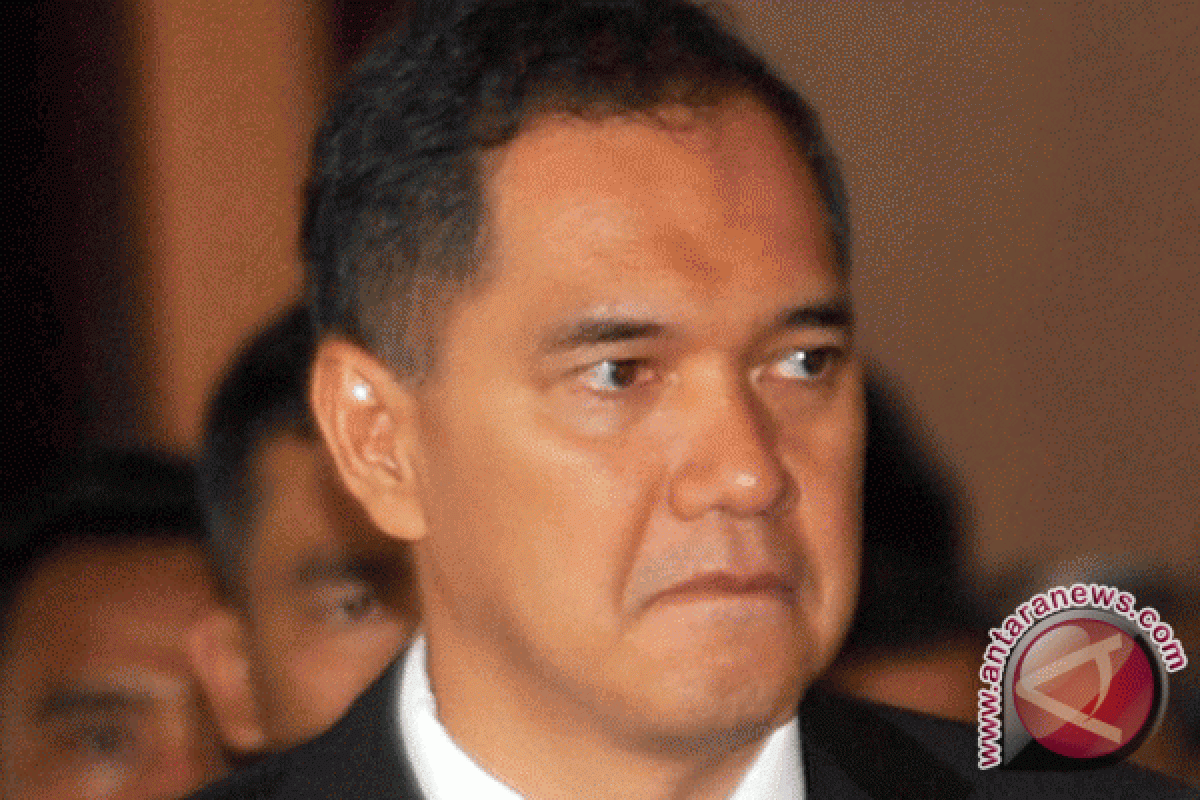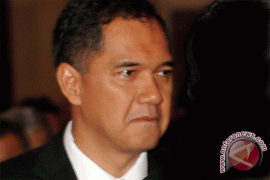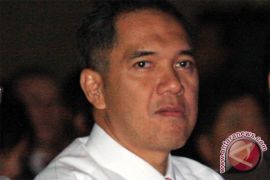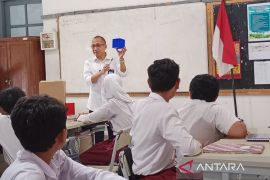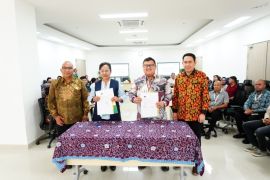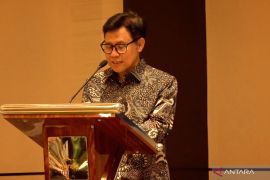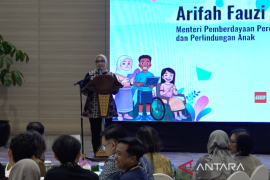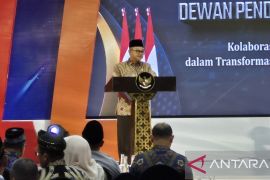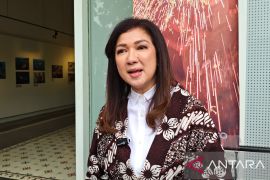"We will take stock of those products," he said following a coordination meeting at the office of the coordinating minister for economic affairs, Hatta Rajasa.
He said Indonesia needed to address the practice of consuming foreign-made goods in large volumes in the country.
"In the spirit of the Masterplan for Indonesian Economic Development Expansion and Acceleration (MP3EI) we will conduct downstreaming of production and increase national production capacity," he said.
Gita referred to the case of BlackBerry cellphones which are widely used in the country but have been made in Malaysia where the manufacturer had invested in the relevant production facilities.
The BlackBerry manufacturers was targeting the production of four million units next year and market them at the price of US$300 per unit while sales in Malaysia reached no more than 400,000 units.
"We must take a stand with regard to this issue. It can be in the form of non-tariff, tariff or other barriers," he said.
He also referred to Bosch of Germany as another example. He said the German company was also planning to build a solar panel plant in Malaysia while its target market was obviously Indonesia.
"This is what I explained at the coordination meeting just now and my explanation was welcomed by coordinating minister Hatta Rajasa, the finance minister, the industry minister and others," he said.
Gita said to attract investment and increase national production capacity the government had provided various incentives including a tax allowance and a tax holiday.
"We need to think of creating disincentives for those who do not produce goods in Indonesia," he said.
He said the government was still formulating the details of the proposed disincentive and hoped it would be ready for discussion again next week or in the next two weeks.
Industry Minister MS Hidayat also expressed the need to produce regulations on consumer products which are not produced in the country such as BlackBerry cellphones made in Malaysia.
"There must be an additional tax or an additional tariff for such products," he said.
He said the policy would not only apply to Blackberry cellphones but also to others so that more investors would choose to invest in the country.
"There will be a kind of incentives and disincentives for such products. We must have a regulation or a barrier with the aim of attracting investors to make goods in Indonesia," he said.
Trade Minister Mari Elka Pangestu meanwhile said on a separate occasion that efforts to increase the use of home-made products needed to be intensified although a further study still had to be made with regard to their implementation.
"Certainly consideration has to be made because if we produce at all cost the consumers would be burdened," she said.
She said what was important now was how production could be done at home at a competitive cost and price.
"There is room for adjustment. But it still has to be discussed continuously," she said.
(Uu.H-YH/HAJM/O001)
Editor: Priyambodo RH
Copyright © ANTARA 2011
